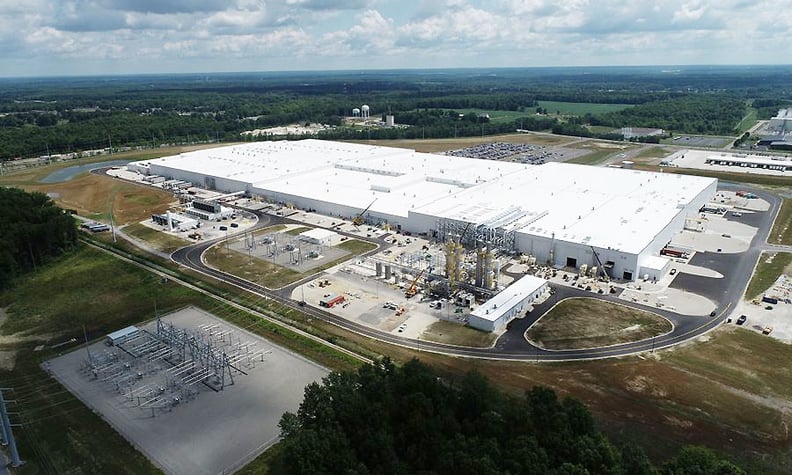The Ohio-based battery plant, operated as a joint venture between General Motors and LG Energy Solution, announced plans to increase workers’ wages by an average of 25%. This move comes after criticism from U.S. senators regarding the company’s reported low wages.
Ultium Cells, the joint venture, intends to implement the wage increase starting from August 28, pending worker ratification. The United Auto Workers (UAW) stated that the wage increase equates to an additional $3 to $4 per hour for workers.
The wage increase will be applied retroactively from December 2022, with certain employees receiving lump sums ranging from $3,000 to $7,000, depending on their hours worked.
A Step Towards Fairness
Ultium stated that providing this wage increase is the right decision for its team members, acknowledging the importance of equitable compensation.
Despite the increase, contract negotiations between the workers and UAW are still ongoing. Ultium emphasized its commitment to continuing negotiations in good faith to reach a comprehensive contract, including a final wage scale.
UAW President Shawn Fain welcomed the wage increase as a positive step towards economic justice for the workers supporting GM’s electric vehicle endeavors.
Pressure and Criticism
Ultium faced substantial criticism from Democratic senators and the UAW for reportedly paying low wages at the Ohio plant. Some workers at the facility were allegedly earning half as much as those from a nearby closed GM assembly plant.
Senators, including Ohio’s Sherrod Brown, expressed concern over the starting wage of $16 an hour, terming it as “poverty-level wages” given the companies’ substantial financial success. Ultium’s decision to increase wages comes after months of public pressure and worker organizing.
Negotiations in the Auto Industry
The wage increase announcement comes amid ongoing negotiations in the auto industry. General Motors, Stellantis (parent company of Chrysler), and Ford Motor Co. are in discussions to finalize new labor agreements that will cover approximately 146,000 workers before the current contracts expire on September 14.
The UAW plans to reveal the results of a strike authorization vote in the coming days, which could impact the course of negotiations.
Moving Forward
The battery plant’s decision to raise wages reflects a growing trend of addressing worker concerns and striving for more equitable compensation. As the automotive industry navigates through negotiations and evolving market dynamics, it remains important for stakeholders to find common ground for sustainable growth and fair treatment of the workforce.



